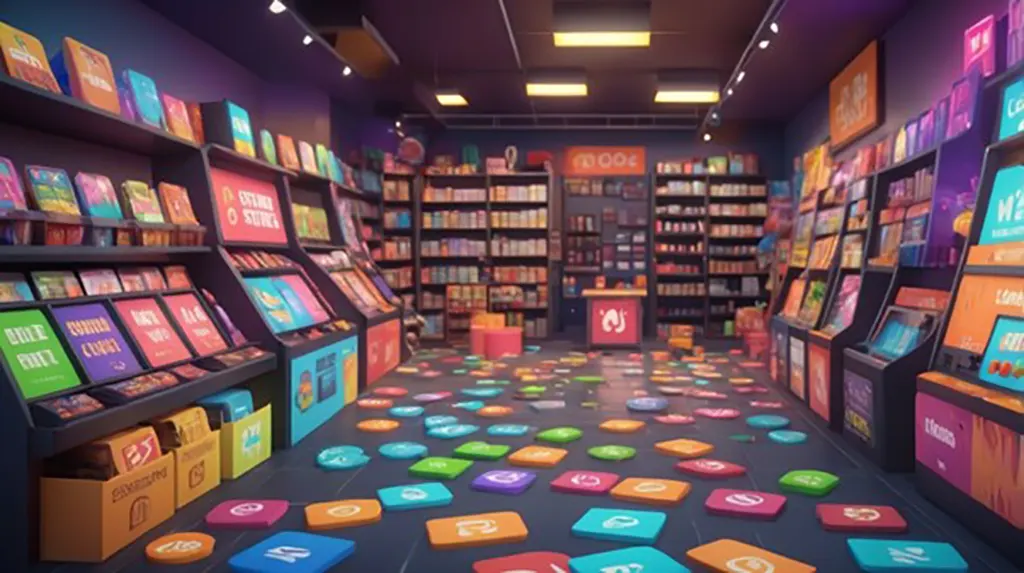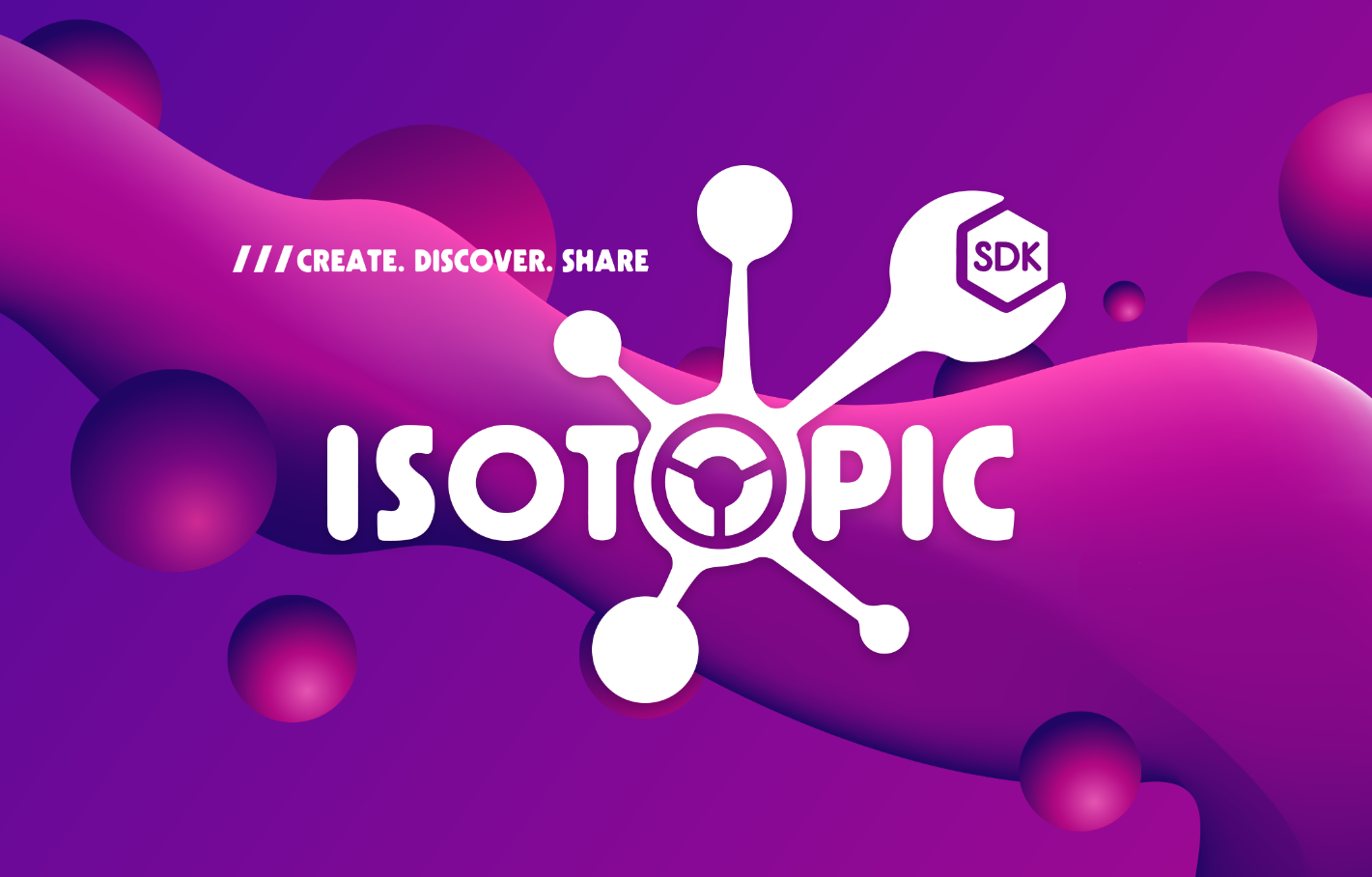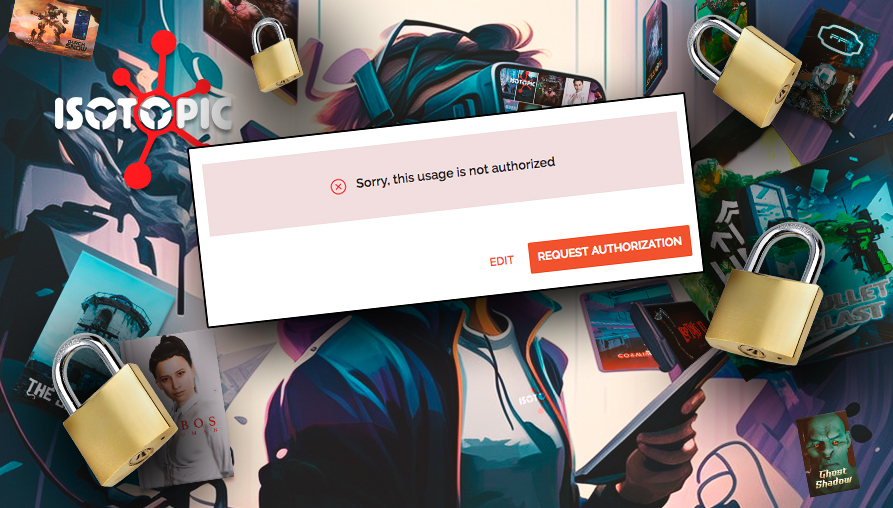
You don’t actually own your games
Bought a game on Steam, Epic Games, or Ubisoft? That means that you actually own the game then? And that no one can take it away from you?
Ubisoft thinks otherwise, as they are currently on a spree of removing inactive accounts, making them lose access to games that they’ve paid for.
If you further research the topic, you’ll find out that you actually do not own the games, and never had. What you do “own” is the digital license to use them, with many different systems working against having access to the files that you’ve paid for!
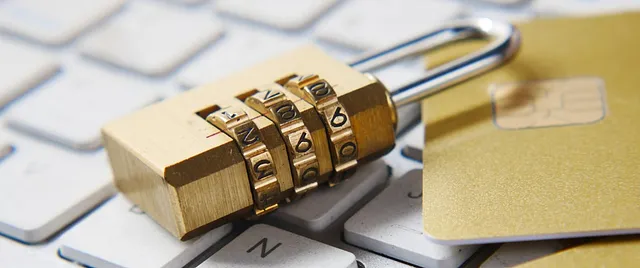
Digital VS Physical Videogame Copies
Do you remember CDs? The disks that you used to buy from actual physical stores, which you would put inside your PC, playstation or xbox’s tray and run the game that’s inside them?
We used to be able to buy a videogame, play for a month or two, and then trade it with a friend, or resell it to another person. There used to be places you could go to rent videogames!
CDs stopped being mainstream not because they were inconvenient and online digital copies were better, but because game publishers did not earn when you resold their games to your friends, or when you traded them.
Solutions to the problem
One easy solution to this problem, that some Game Stores already integrate, is to not secure games with DRM.
This means that after buying a game, when you download it, you get the raw files of that game, with no encryption or any protection from viewing their contents.
However, this poses a problem to developers, who despite spending so much time making their amazing games, they see millions of copies circulating the internet, without permission.
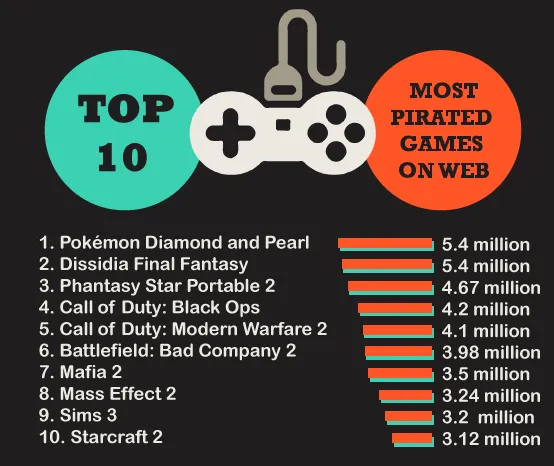
The games on the above infographic are made by AAA studios, which, surely can survive without the extra dollars, but this is really terrible for Indie Game Developers, who depend on their games’ sales for primary income.
So how could we satisfy both sides, allowing Indie Developers to protect their games from piracy, while also not hindering game performance for players?

At Isotopic, we are building a software distribution system using Distributed Ledger Technologies, which uses the blockchain for its only true utility:
To be transparent, decentralized, and immutable.
This means that ownership of a game can be verified without the need for our servers to be running or for any centralized authority to confirm that ownership. Further advances in technology will also some day allow us to move all the game files to the blockchain, and protect them against piracy using new encryption techniques.
Developers can automate their game sales system, without anyone able to stop them from getting their games to the public, and without exploiters allowed to easily pirate their games.
Players can buy, download, and play their favorite games, without depending on an internet connection, and without being affected by performance loss. And because of these technologies, they can also trade, or resell the games that they own, just as if they were CDs.

The Isotopic Game Store, is set to fully launch in September, 2023. Learn more about Isotopic and how we plan to change the way that games are distributed from the developer to the player here.



